Apart from a rock-’em-sock-’em opening (that prepared me for the worst), Bryan Singer’s X-Men: Days of Future Past is that rarest of things: a seriously intended superhero movie that’s actually good. It’s serious without being dour (yes, I am looking at you, Christopher Nolan). It lives. It breathes. It has a sense of humor. It is very probably the best comic book movie since Singer gave us X2: X-Men United back in 2003. It may even be better, but that requires another look at X2, which I haven’t had the time to do. It helps that X-Men is perhaps the most interesting of all comic book series. It is certainly the one with the greatest room for subtext and political and sociological readings — things that have been endemic to Singer’s previous films, and this one is the same. The mutants are once more fantasticated counterparts for anyone who is born somehow different. In the Singer films, that difference is not very coded code for gay. X2 was the most overt statement on being gay and the persecution of gays. (Ian McKellen even said the film was about being homosexual.) Days of Future Past doesn’t seem less obvious on this score so much as it assumes it as a given.
The film opens in a not-too-distant apocalyptic future where the mutants have been nearly wiped out by the Sentinels, a police force of oversized robots that were created for this task, but have gone beyond this to create widespread destruction. A handful of surviving mutants — chiefly Dr. X (Patrick Stewart), Magneto (Ian McKellen), Wolverine (Hugh Jackman), Kitty Pryde (Ellen Page) — are holed up in a Himalayan temple, where the plan is conceived to send Wolverine back to 1973 to change history. Why Wolverine — apart from the fact that he’s the most popular character? He’s the only one whose mind, with its instant healing powers, can survive the trip. Yes, it’s pretty convoluted, but it plays more smoothly than it reads, and it’s certainly a cunning way to blend the new generation characters of the X-Men: First Class (2011) and the original cast together in one movie. The accent is, however, clearly on the young blood — plus, Wolverine — since the other characters (or their older selves) are back in the Himalayas while the film is in 1973, and no amount of intercutting changes this.
Overall, though, there is no reason for complaint. The 1973 section is both an effective and affectionate look at that era with its lava lamps, cool clothes and Roberta Flack, Alice Cooper and Jim Croce on the soundtrack. Croce gets the best work out via “Time in a Bottle” in the big scene where Quicksilver (Evan Peters, TV’s American Horror Story) helps break Magneto out of prison (in the Pentagon no less). I won’t describe it, but it’s a scene that manages the not-inconsiderable feat of being slightly cheesy and altogether wonderful. It is not the only clever, light touch in the film — it’s the showiest and probably most memorable. It’s the kind of just plain cool moment that a film like this — with its high stakes and intense emotional content — needs to make it … well, human.
The film’s inevitable big climax is surprising in its intelligent use of special effects and its decision to replace the smackdown mentality that has come to rule the superhero genre with a suspenseful stand-off that plays for drama rather than fisticuffs and property damage. (Oh, there’s property damage, never fear, but it’s more specific than the willy-nilly nonsense we’ve come to expect.) It’s an intelligent ending that manages to settle the future without taking quite the path we expect. The big question — for those inclined to ponder it — is what this does to the earlier movies, all of which, except X-Men: First Class, take place after 1973. Do they no longer exist, at least in the form we knew? (OK, in the case of 2006’s dismal X-Men: The Last Stand, that wouldn’t be so bad.) That happily is a concern for the filmmakers to wrestle with. For now, we should just enjoy a comic book movie that’s actually good — maybe great. Rated PG- 13 for sequences of intense sci-fi violence and action, some suggestive material, nudity and language.



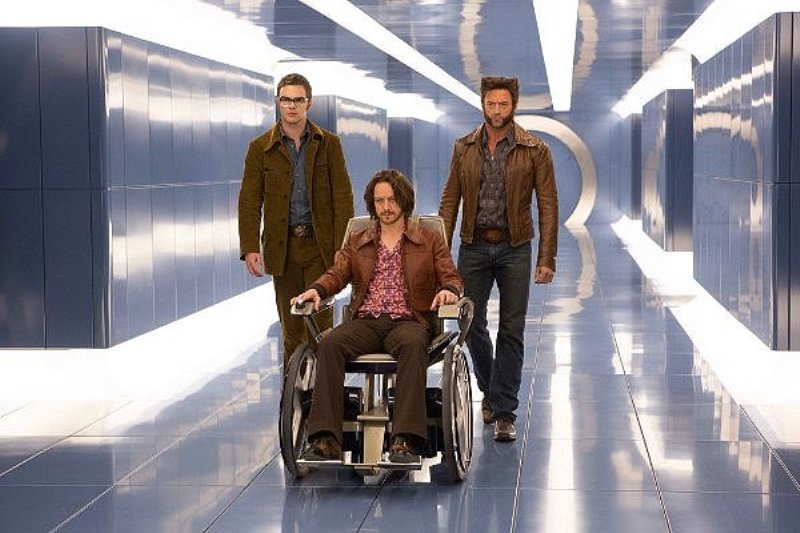
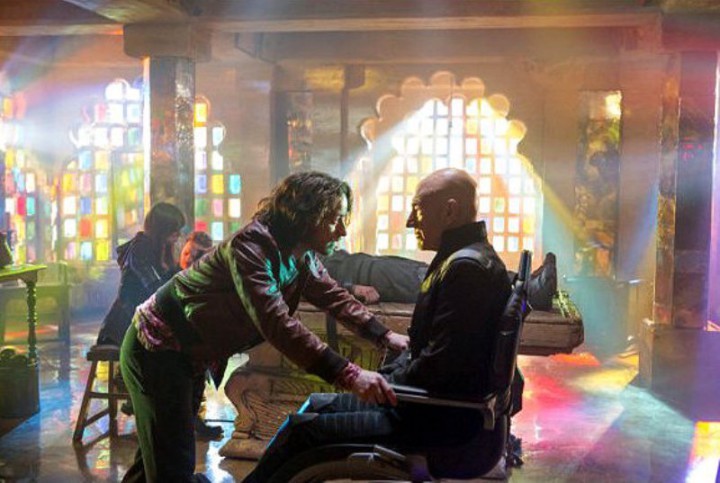
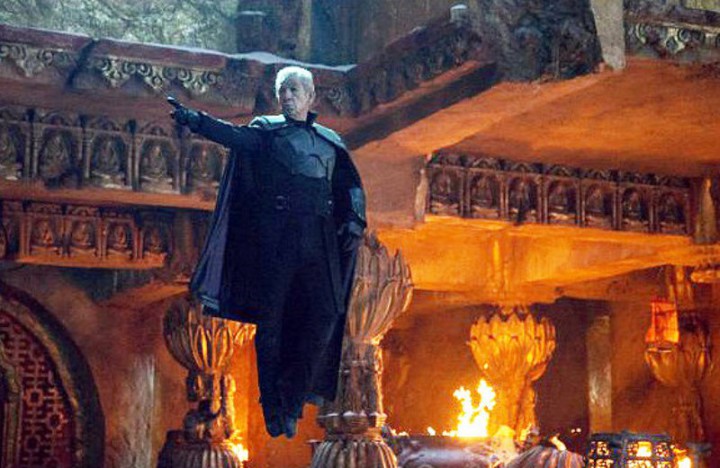
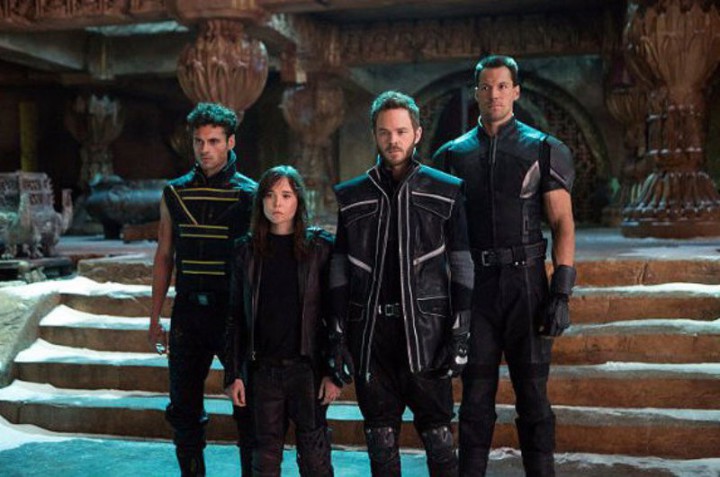
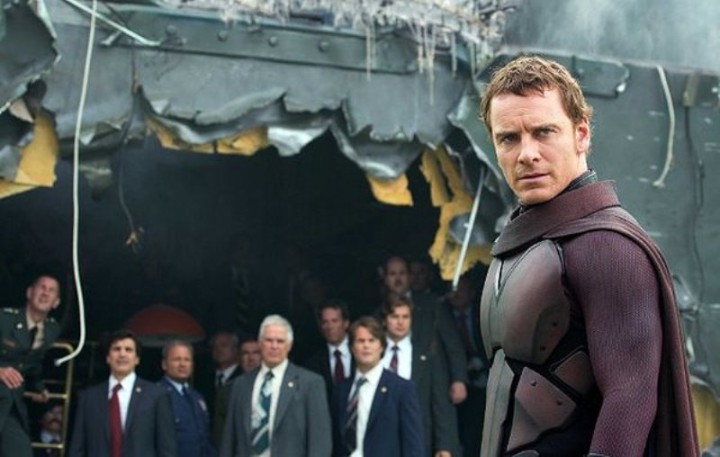
Yes yes and yes! Loved it! I thought it was outstanding and definitely the best comic book movie outside of the Nolan and Donner movies. I felt the struggle and character developement in this movie and the super powers and special effects were just icing on the Baked Alaska. I’m highly excited for a second viewing so I can connect more of the dots. This movie far outshines the Avengers and that movie’s boring third act. Welcome back Mr. Singer.
Well, you lost me with the Nolan and Donner qualifier. But that can’t come as a surprise.
“t helps that X-Men is perhaps the most interesting of all comic book series. It is certainly the one with the greatest room for subtext and political and sociological readings …”
Strange that someone who delights in mentioning how little respect he has for comic books would have such an opinion. I can’t help but wonder what you could possibly be basing this on.
Not liking a thing and not knowing anything about it are hardly interchangeable.